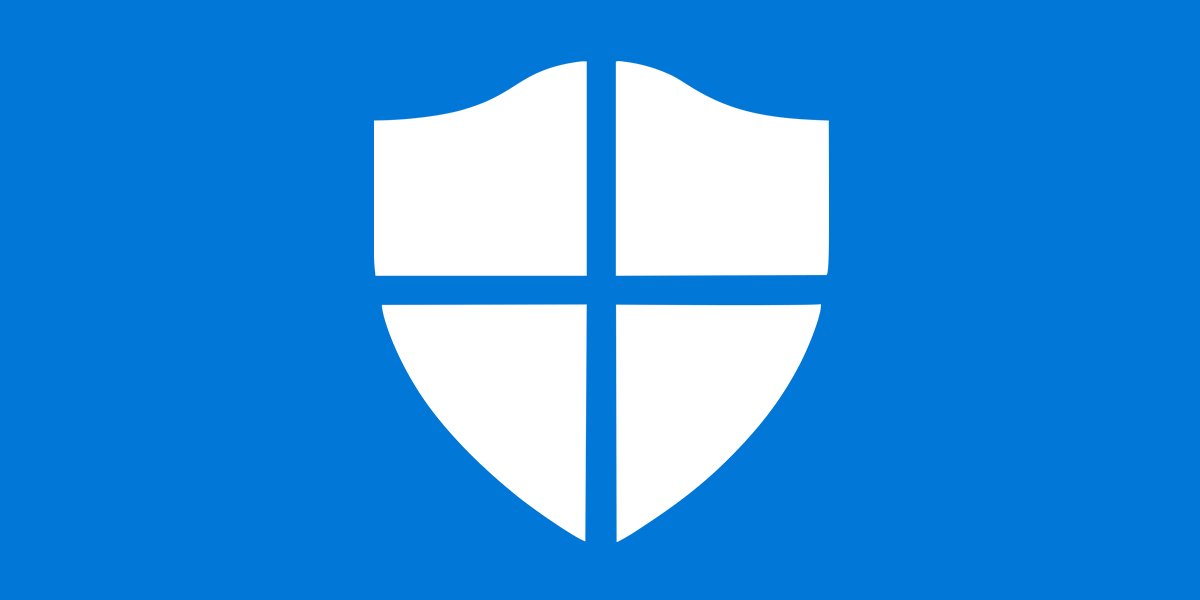Microsoft had announced earlier this year that Windows antivirus would be released for devices with Linux and Android. So today he announced that he had available a preview version of the Google Play Store.
Named Microsoft Defender ATP Preview, the Microsoft Defender is not available for free and is only available to licensed Microsoft 365 E5 companies.
The application has a scan of the APK files as a welcome feature. It immediately prevents malicious applications and blocks malicious websites.
Microsoft says the security product can also block malicious background connections from various applications on the device and integrate Microsoft Defender ATP features.
“Microsoft Defender Advanced Threat Protection (ATP) βοηθά τους εταιρικούς χρήστες να παραμένουν προστατευμένοι από απειλές ασφάλειας στον κυβερνοχώρο, όπως κακόβουλες εφαρμογές, επικίνδυνες websites that may try to steal information. It is also a platform that enables Security teams to prevent, detect and investigate cyber security incidents in the enterprise,” says Microsoft.
Microsoft's Android antivirus requires Android 6 or later, according to information posted on Google Play Store.
On the desktop, Microsoft Windows Defender has has become one of the most powerful antivirus solutions on the market, offering absolute protection. Microsoft wants to make the same strong protection available to others platforms, not only Android, but also Linux and macOS.
In Windows 10, Windows Defender, now called Microsoft Defender, is the core of Windows Security, and comes as a central application that integrates all available operating system security features.





